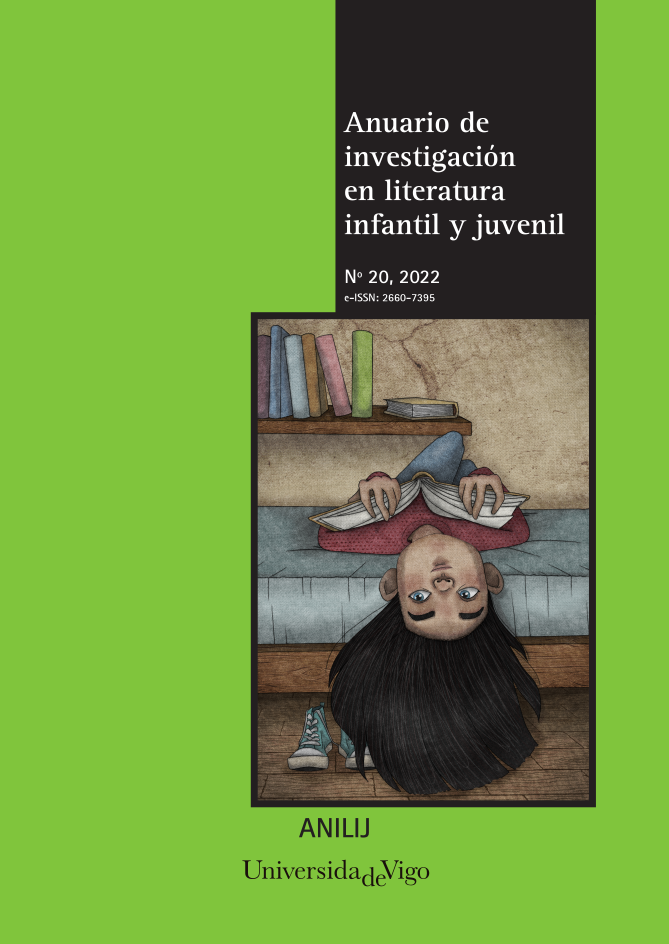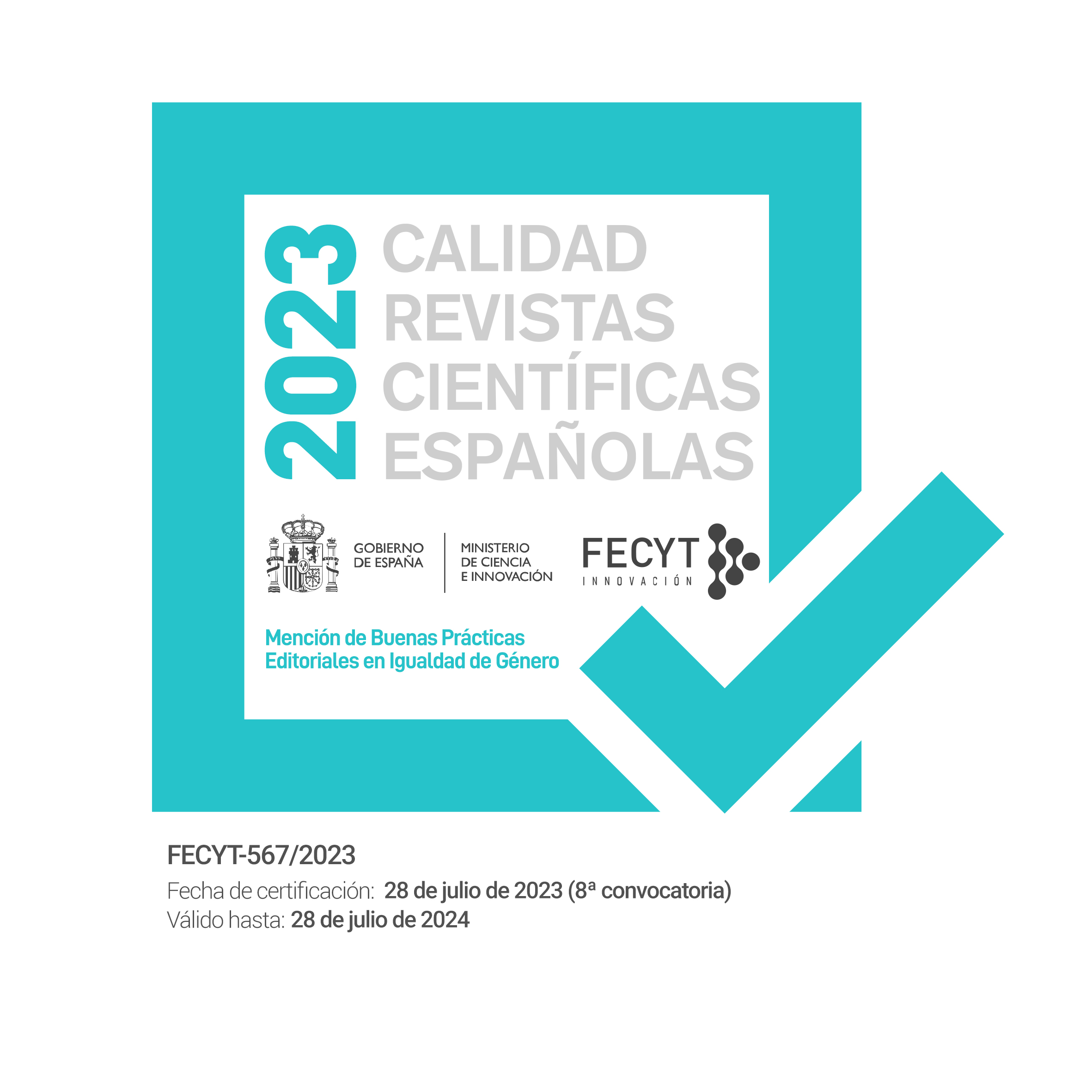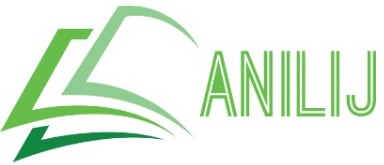Easy to read: visualising the iceberg
DOI:
https://doi.org/10.35869/ailij.v0i20.4270Keywords:
Universal accessibility, Cognitive accessibility, Easy-to-Read, Children's literature, Adaptation, Agenda 2030Abstract
The concept of disability is gaining ground not only as an inherent characteristic of a person, but also as a result of the interaction of each person with the environment. Thus, eliminating access barriers through universal accessibility promotes the individual´s full participation in society. Cognitive accessibility is part of universal accessibility, and Easy reading is its main tool to facilitate access to information and culture for people with reading comprehension difficulties. This paper introduces universal accessibility, pivoting on the notion of disability as a contextual situation. Then, it focuses on Easy-to-Read (guidelines, phases and adaptation quality) applied to Children´s Literature. Leopoldo, a book adapted following easy-to-read protocols and published by Down Madrid, will be the case study discussed here.
Downloads
Downloads
Published
Issue
Section
License
Copyright (c) 2022 Sonsoles Facal Álvarez

This work is licensed under a Creative Commons Attribution-NonCommercial-NoDerivatives 4.0 International License.
Anuario de Investigación en Literatura Infantil y Juvenil has been published in open access from 2019 (vol. 17). The journal allows the authors to retain publishing rights. Authors may reprint their articles in other media without having to request authorization, provided they indicate that the article was originally published in Anuario de Investigación en Literatura Infantil y Juvenil. The journal holds the copyright of printed issues (volumes 0-16).





